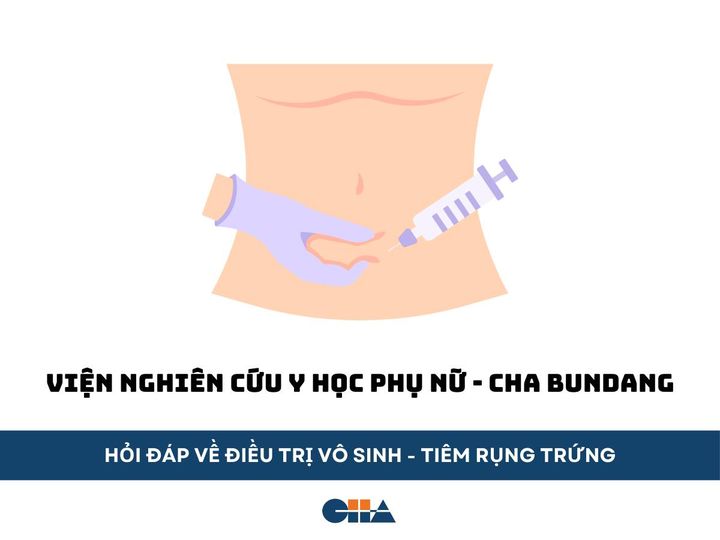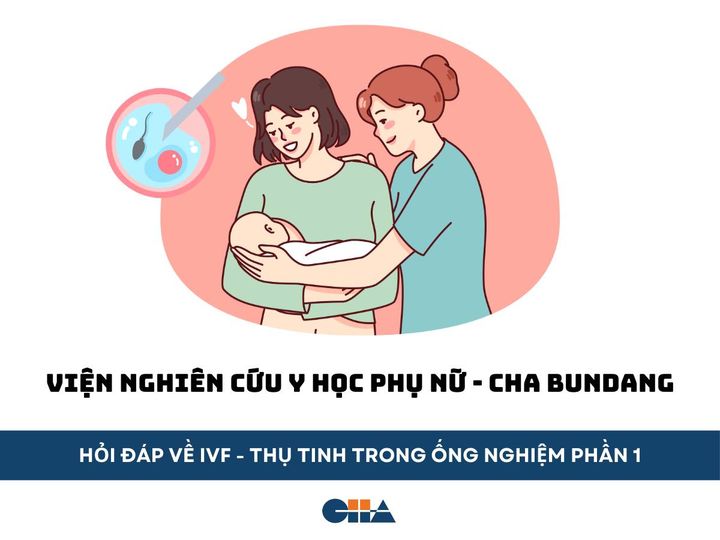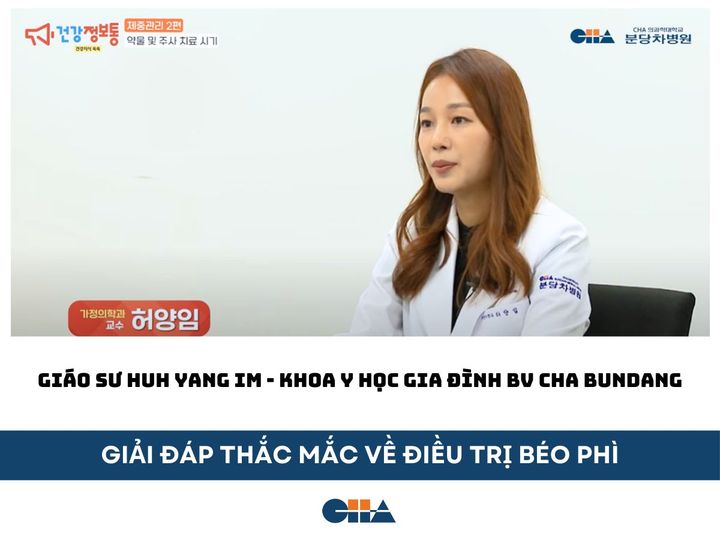The human body absorbs nutrients through food. A balanced diet can provide us with most of the essential nutrients necessary for life. Nutrient absorption from food is very important and should not be replaced by medication. However, there are some nutrients that cannot be absorbed through food and need to be supplemented externally. For couples facing fertility issues, certain nutrients are recommended for adequate intake, specifically:
Folic Acid
Folic acid is essential for the formation of the brain and spinal cord of the fetus during the early stages of pregnancy, so it is recommended to take 400 mcg daily before pregnancy and 800 mcg daily during pregnancy. Recent studies have shown that this nutrient helps reduce the frequency of ovulation, shorten the time to pregnancy, and lower the risk of miscarriage.
Vitamin D
Vitamin D is best synthesized in the skin through sunlight or absorbed through food. However, for various reasons, modern living often fails to meet the body’s need for sufficient vitamin D, leading to various health issues and potentially decreased fertility. Therefore, individuals planning to conceive should regularly supplement vitamin D.
Omega-3
Omega-3 is one of the unsaturated fatty acids that help improve sperm quality, ovulation, fertilization, and embryo implantation. Omega-3 is abundant in blueback fish, nuts, and seeds, so if you cannot eat fish, you can consume fruits, seeds, or take Omega-3 supplements.
Inositol
Taking inositol can help improve hormonal imbalances and symptoms, as well as enhance egg quality in cases of polycystic ovary syndrome (PCOS).
Antioxidants
So far, there is insufficient evidence showing that antioxidants increase pregnancy rates for infertile couples. However, for men, antioxidants have been reported to potentially improve sperm condition and increase pregnancy rates. The specific names and dosages of antioxidants to be used remain unanswered questions.








